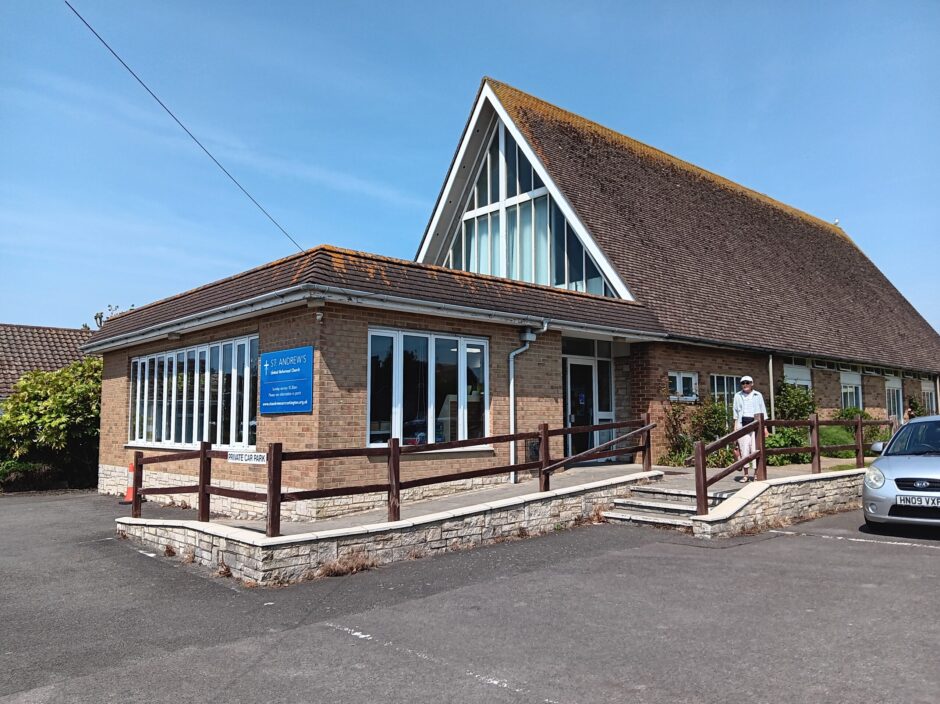
The new government statistics on UK poverty make for horrendous reading. The median UK household got poorer by 1.5% after housing costs. However, behind that average hides a story of those with the most getting more, and those with the least having even less.
This is a familiar pattern, however because so many people have so little room in their budgets, reductions in income translate much more quickly into hardship and hunger. For instance, while the number assessed as experiencing “absolute poverty” rose by around 0.6 million, the number of people at risk of not affording enough food jumped 2.5 million, from 4.7 to 7.2 million, in a single year.
Some headlines:
- 14.3 million people experiencing relative poverty
- 4.3 million children in relative poverty – the highest ever
- 3.6 million children in “absolute” poverty – up 300,000 in a year
- 7.2 million people living in “food insecure” households – up over 50% in year
- 2.2 million children living in “food insecure” households
These numbers in context:
14.3 million people experiencing poverty, including 4.3 million children, should be shocking enough. But to make sense of them we need to look at how poverty in the UK has developed over recent years.
Average household incomes have grown slowly over the past decade – even relative to average prices. The median family with an average shopping basket is slightly better off than a decade ago. However, the prices of things the least well off must spend their money on, such as food and energy, have risen more than the average. On top of that, many on low or no incomes rely on benefits, which have been subject to huge reductions. As is well documented by the Joseph Rowntree Foundation, this means that benefits do not provide enough for many families to avoid destitution.
In this context incomes fell, and the safety net of the benefits system was unable to catch struggling families. For me the two most striking things from these statistics are how quickly income loss leads to hardship, and how already marginalised families are bearing the brunt of increasing poverty.
Hunger has moved closer
A decade ago, there was an unspoken assumption that if a person was supported well, destitution could be avoided for all but a very few. The dangers of being pushed into poverty lay in not accessing support, and over the medium and long term as future health and life chances were eroded. This was especially true for children.
These numbers tell a different story – one that is now familiar to church foodbanks and community projects. Families experience a fall in income, and even with all the support available, rapidly come face to face with impossible decisions about how to maintain the very basics of life including food.
In the UK today 7.2 million households face food insecurity, this is a jump of over 50% from the previous year, with families with children seeing the most rapid rise. In non-technical language this means they sometimes can’t afford enough food. Sitting and chatting with people visiting foodbanks will tell you that “sometimes” not being able to feed your child translates into “always” worrying and struggling to keep food on the table.
Poverty has been focused on already marginalised groups
It is important to recognise that the UK is a wealthy country, and that wealth is increasing. Incomes and wealth have grown over the past decade. However large numbers of people are locked out of these gains.
We know that wage progression from low paying jobs is becoming rarer and more difficult. Just as importantly the large increases in wealth we see are not generated by more saving, but existing assets, especially property and shares, increasing in value – that means those that already have assets get more while those without see asset prices moving further and further out of reach.
This means that those with least are being locked out of the gains in national wealth. Benefit cuts compounded this, by focussing losses on communities with low incomes and especially their children. Totemic of this is the fact that the majority (51%) of Black, African or Caribbean children in the UK now experience poverty.
How have we allowed this to happen?
Let’s End Poverty
A series of political and policy choices have resulted in this situation, where the wealthiest have got wealthier and poverty has increased among our least well-off children, so much so that 17% no longer live in families that are food secure. That situation is not inevitable. Different choices can be made.
The Let’s End Poverty campaign is premised on the belief that with political will we can turn the tide on poverty in the UK. The £10Bn spent on National Insurance cuts in the recent Budget could bring poverty down to below pre-pandemic levels, or take us half the way to ensuring destitution and hunger are eradicated.
These numbers show why every politician in every party going into the next election needs to be able to explain how they will tackle poverty in the UK.
<!–
–>
Source
